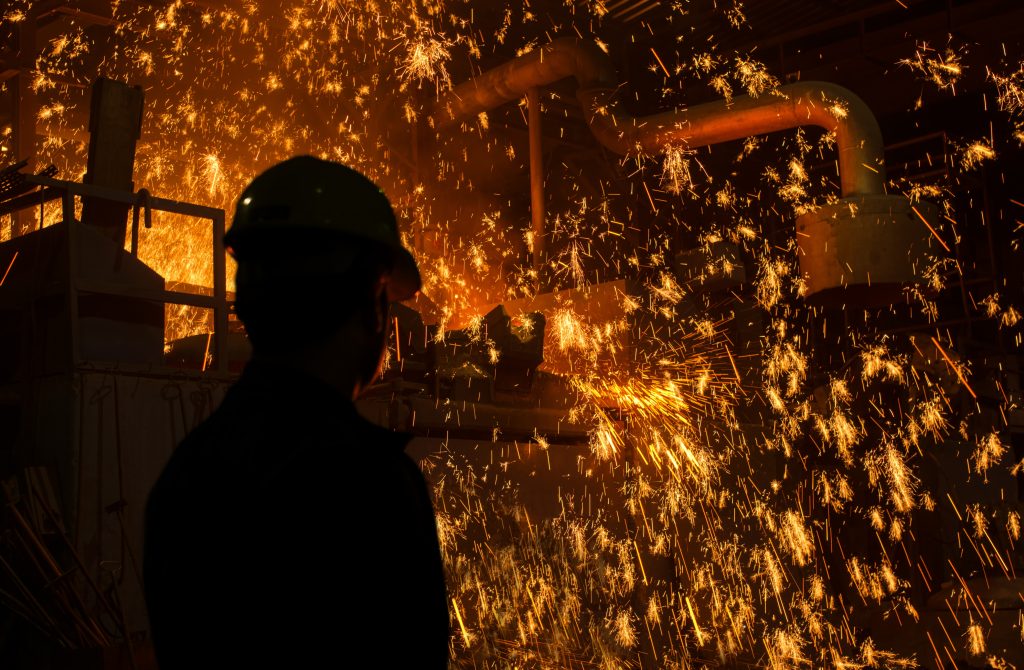
Metaindustry4, the innovation cluster of the sector’s employers’ association (Femetal) has carried out a study of companies in the sector to determine the training, professional and personal skills that the metal industry is beginning to demand. The profile of the 4.0 metallurgical personnel will be based on automation (mechatronics and robotics) and digitalisation, two key elements for improving productivity, efficiency and international competitiveness. In addition, personal skills such as proactive attitude, problem solving and teamwork skills are highlighted. The metal-mechanical industry offers good employment opportunities and requires a professional profile that incorporates these skills from their initial training and maintains them throughout their working life. From the employers’ organisation, Femetal stresses the importance of knowing “the health and safety systems in the workplace”. From this principle of personal and collective responsibility, elements begin to be added in the field of technical skills such as the knowledge to interpret plans, to programme and configure numerical control machines, and to carry out quality control and basic maintenance tasks, known as TPM.
The study carried out by Metaindustry4 relates the technical and personal skills detected by companies in the metal-mechanical sector as the big gap, for which it would be advisable to design and develop additional training actions, both for management personnel and for all those involved in the production chain. In the case of the technical skills of an industry manager, this should include training in data processing, as well as its interpretation in order to seek innovative solutions and proposals, in addition to knowledge in cybersecurity, digital mobility or collaborative tools. This should be complemented by flexibility in the face of change, learning, analytical and problem-solving skills, creativity, as well as planning and time management skills. Staff and middle management are expected to have leadership skills.
Other areas of demand in the coming industry will be automation, robotisation, cybersecurity, additive manufacturing, virtual and augmented reality and many other digital skills, as well as robotisation will be required of those who want to work in the industry, whether in engineering, production, design, maintenance, logistics or sales and marketing.
Femetal believes that “greater dynamism in the training on offer should be encouraged in order to try to move towards a higher level” in both technical and personal skills. To this end, it proposes the possibility of implementing open degrees at the University or promoting programmes to encourage new vocations in the field of metal. He also proposes that the Sepepa should incorporate specialities demanded by companies both to train employed people and those seeking employment.
Femetal, together with Vocational Training and the Principality, has initiated a collaborative process to advance and meet the demands of the industry, whose priorities include the updating of teachers and the training offer, relying on direct communication with large companies that will subsequently attract SMEs.
Read the complete article

